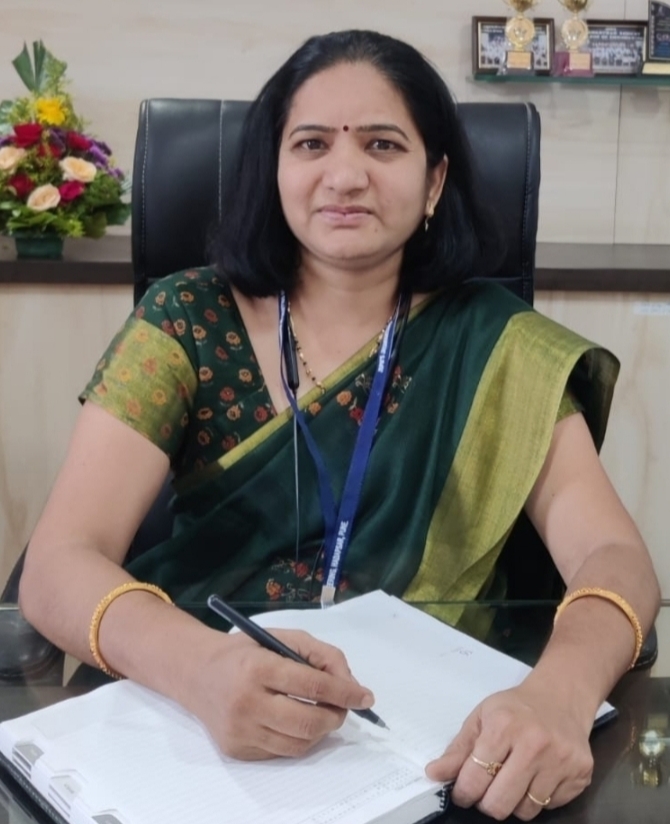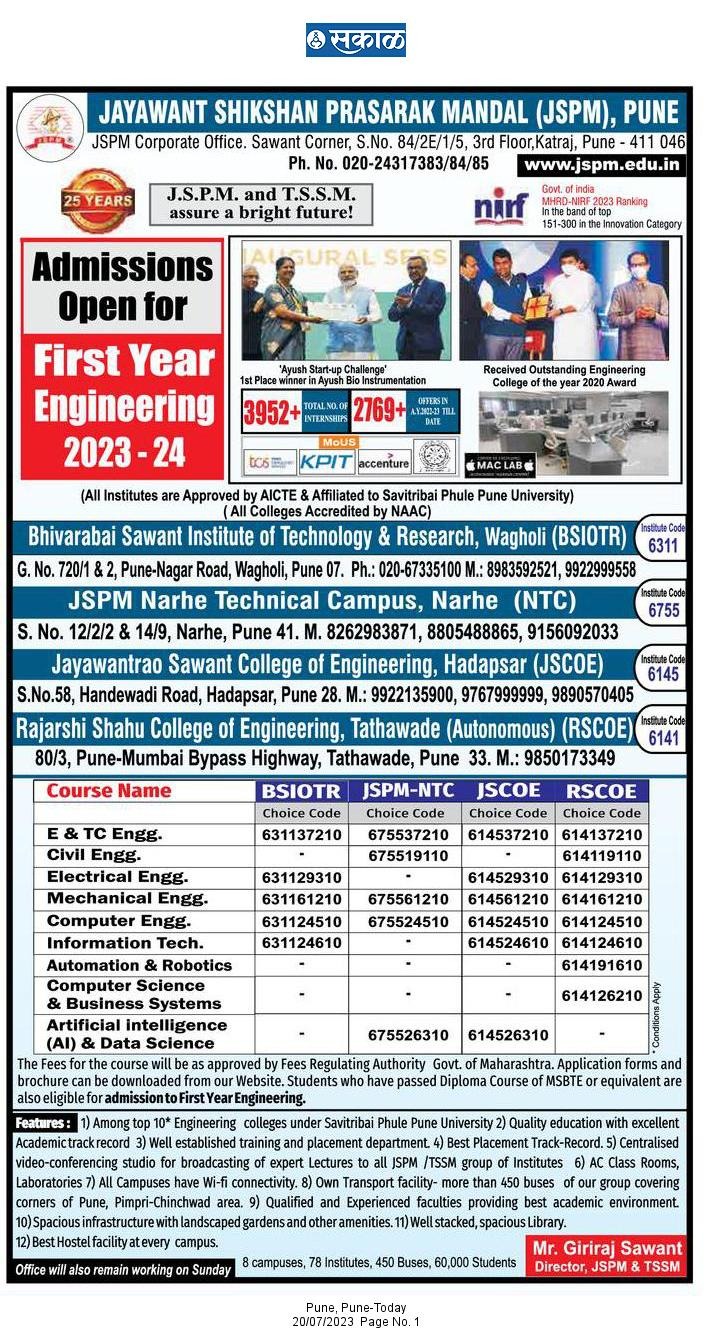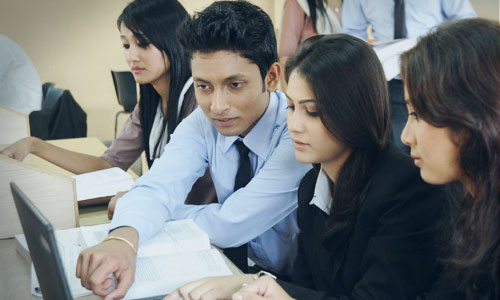HoD Message
The Department of Computer has recorded consistent improvement in its academic, research and placement performance. It offers a range of innovatively designed programs whose curricula are constantly updated to meet the changing requirement of the industry and to meet the needs of major stakeholders.
We believe that our students have been well accepted in their job profiles and have consistently exceeded expectations of the corporate world.
During study at the department, the students are encouraged to get hands- on experience in the corporate world through internship projects with reputed organizations. In their curriculum, they are encouraged to take up mini projects to supplement theoretical knowledge with practical experience. They also undertake projects benefiting local industries or dealing with local problems. These projects enable them to understand the relevance of working in a group and also help them to realize the finer aspects and importance of teamwork.
About Computer Engineering
The Computer Engineering Department was established in 2004 with an intake of 60 students. The Computer Engineering Department has well qualified staff with various specializations to help and guide the students. The Department has “Computer Engineering Students Association-CESA” in which additional Curricular, Co- Curricular and Extra- Curricular activities for overall development of student is observed. From 2012, the Department has an additional intake of 60 students, so total intake is 120 students. The Department has its own Departmental Library with sufficient number of titles.
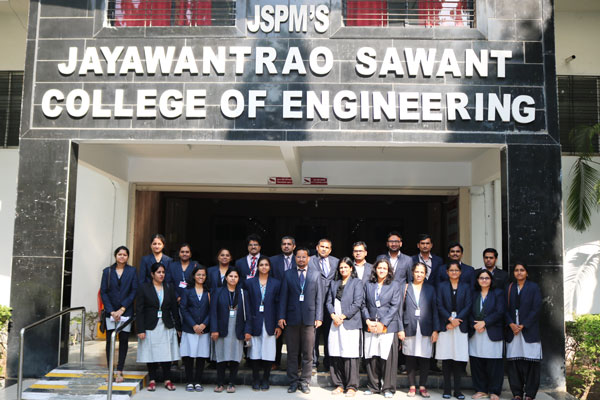
Vision
To be a leading educational center grooming computer engineers to serve the society.
Mission
M1: To develop computer professionals by providing quality education.
M2: To assimilate academics, research and entrepreneurship skills to accomplish real word challenges.
Program Educational Objectives (PEO)
PEO1: The graduates shall have an ability to identify, analyze & solve problems in computer engineering field using fundamental domain knowledge and programming tools.
PEO2: The graduates shall have an ability to apply core technical competencies in diversified areas with good leadership and teamwork abilities.
PEO3: The graduates shall aspire for entrepreneurship, research and higher studies in computer engineering field.
PEO4: The graduates shall engage in lifelong learning along with moral and ethical values to cater the needs of society.
Program Specific Outcomes (PSO)
PSO1: Specify design, develop and test the software systems in the areas of computer networking ,database management, embedded systems ,image processing, big data etc to satisfy user requirements.
PSO2: Analyze and optimize given algorithms or systems for performance improvements.
PSO3: Design hardware and software for concurrent and parallel programming.
Program Outcomes (PO)
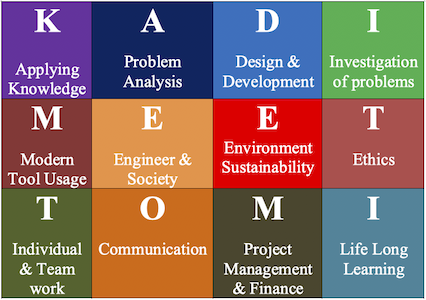
PO1: Engineering knowledge: Apply the knowledge of mathematics, science, engineering fundamentals, and an engineering specialization for the solution of complex engineering problems.
PO2: Problem analysis: Identify, formulate, research literature, and analyse complex engineering problems reaching substantiated conclusions using first principles of mathematics, natural sciences, and engineering sciences.
PO3: Design/Development of Solutions: Design solutions for complex engineering problems and design system components or processes that meet the specified needs with appropriate consideration for public health and safety, and cultural, societal, and environmental considerations.
PO4: Conduct investigations of complex problems: Use research-based knowledge and research methods including design of experiments, analysis and interpretation of data, and synthesis of the information to provide valid conclusions.
PO5: Modern tool usage: Create, select, and apply appropriate techniques, resources, and modern engineering and IT tools including prediction and modelling to complex engineering activities with an understanding of the limitations.
PO6: The engineer and society: Apply reasoning informed by the contextual knowledge to assess societal, health, safety, legal, and cultural issues and the consequent responsibilities relevant to the professional engineering practice.
PO7: Environment and sustainability: Understand the impact of the professional engineering solutions in societal and environmental contexts, and demonstrate the knowledge of, and need for sustainable development.
PO8: Ethics: Apply ethical principles and commit to professional ethics and responsibilities and norms of the engineering practice.
PO9: Individual and team work: Function effectively as an individual, and as a member or leader in diverse teams, and in multidisciplinary settings.
PO10: Communication: Communicate effectively on complex engineering activities with the engineering community and with the society at large, such as, being able to comprehend and write effective reports and design documentation, make effective presentations, and give and receive clear instructions.
PO11: Project management and finance: Demonstrate knowledge and understanding of the engineering and management principles and apply these to one’s own work, as a member and leader in a team, to manage projects and in multidisciplinary environments.
PO12: Life-long learning: Recognize the need for, and have the preparation and ability to engage in independent and life-long learning in the broadest context of technological change.
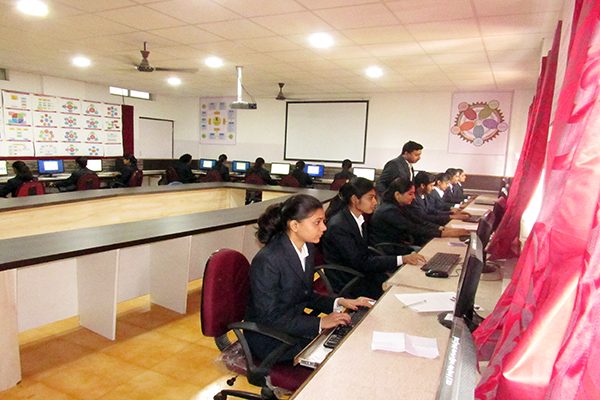
Artificial Intelligence Lab.
AI lab is used for other activities like, Conference, Board room meeting and round table Discussion for placement drives. Students ...
Read More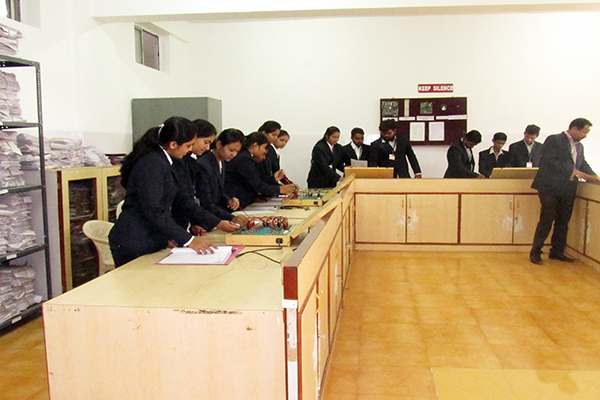
Hardware Lab.
In Hardware lab, we get knowledge and working environment about the hardware devices used in the computer like motherboard, RAM, P ...
Read More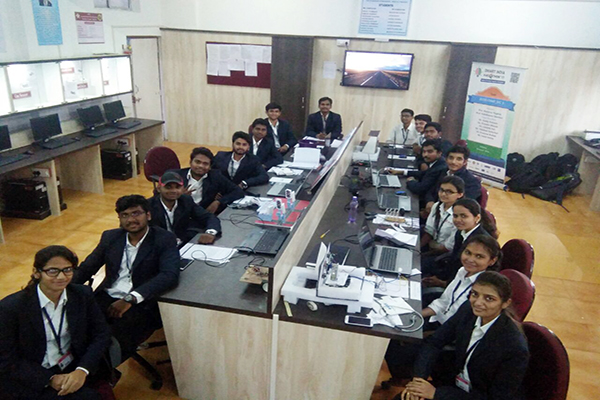
Language Lab(Lab as a Museum)
The objective of Lab as museum is to promote an environment for the students for the research & innovative projects. LAM is he ...
Read More
Linux Lab.
Lab is utilized for different practical's related to Computer Graphics, Data Structure and Discrete Mathematics.
Read More-
Dr. P. D. Lambhate
Professor
-
Ph D in Computer Engineering
head_compjscoe@jspmjscoe.edu.in
-
-
Dr. S. B. Chaudhari
Head of Department
-
ME, PhD
shankarchaudhari@jspmjscoe.edu.in
-
-
Dr. D. S. Waghole
Assistant Professor
-
ME, PhD (CSE) ,Post Doctorate (PDF ) - CSE
dattatraywaghole@jspmjscoe.edu.in
-
-
Dr. S. M. Shinde
Associate Professor
-
ME,Ph.D(Computer Engineering)
sharmilashinde@jspmjscoe.edu.in
-
-
Prof. M. D. Ingle
Assistant Professor
-
M. Tech, PhD Pursuing
madhavingle@jspmjscoe.edu.in
-
-
Prof. S. S. Wagh
Assistant Professor
-
Ph.D Pursuing(Computer Engineering)
smitawagh@jspmjscoe.edu.in
-
-
Prof. S. G. Salunkhe
Assistant Professor
-
ME (Ph.D Scholar)
swatisalunkhe@jspmjscoe.edu.in
-
-
Prof. A. S. Dikale
Assistant professor
-
M.E. (computer)
ashwinidake@jspmjscoe.edu.in
-
-
Prof. N. A. Gosavi
Assistant professor
-
Phd(Computer) Pursuing
nikitagosavi@jspmjscoe.edu.in
-
-
Prof S. A. Dwivedi
Assistant Professor
-
ME(Digital Communication)
shikhadwivedi@jspmjscoe.edu.in
-
Computer Engineering Student Association (CESA)

CESA is a student organization established in 2007 under the guidance of Head of Department. CESA was founded on a academic platform and has a rich and active student participation. Student organizations can be an important part of your growth during your college career.
Objective
- Mutual respect
- Cooperation and communication
- Creativity and innovation
- Community service and leadership
- Pursuit of excellence
- Public accountability
- Diversity
Outcomes
- Involvement and Leadership: CESA will promote involvement and leadership opportunities for students by encouraging student participation in departmental programs, facilities.
- Student organizations help strengthen leadership skills. Student organizations allow students to “take on responsibilities or challenges to lead . student organizations allowed them to strengthen their leadership skills.
- Joining an organization is one of the best ways to build a bigger network. One of the most important things in college is networking with people who share similar interests.
- Student organizations teach you time management. students organizations can help solve time management problem.
- Finally, probably the reason why anyone would join a student organization in the first place: they build friendships.


CESA Constitution

Committee
| Sr.No | Name | Designation |
|---|---|---|
| 1 | Joel Silas | Committee BE Advisor |
| 2 | Prahlad Singh | TE Advisor |
| 3 | Abhishek Nimbalkar | President |
| 4 | Amruta Pradhan | Vice President |
| 5 | Viraj Jadhav, Prasad Botre | Treasurer |
| 6 | Pratik Diwanji, Onkar Kulkarni | Secretary |
| 7 | Ekta More, Nisha Pawar | Design Committee |
| 8 | Kavita Munji | Decoration Committee |
| 9 | Vaibhav Parkale, Pranali Udhan | Program Conduction |
| 10 | Urvesh Thakkar, Rohit Khedkar | Technical Committee |
| 11 | Supriya Yenare | Documentation Committee |
| 12 | Vaishnavi Kapre | Budget Committee |
| 13 | Sanika Najan | Publicity Committee |
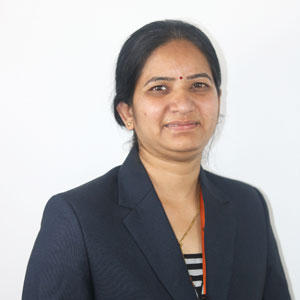

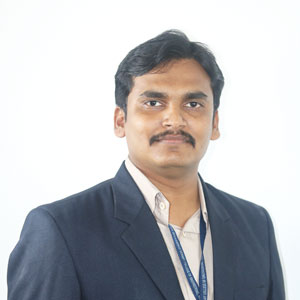

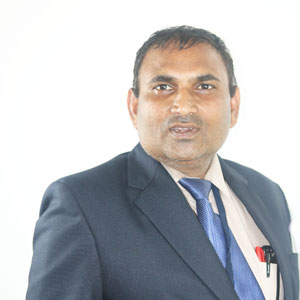
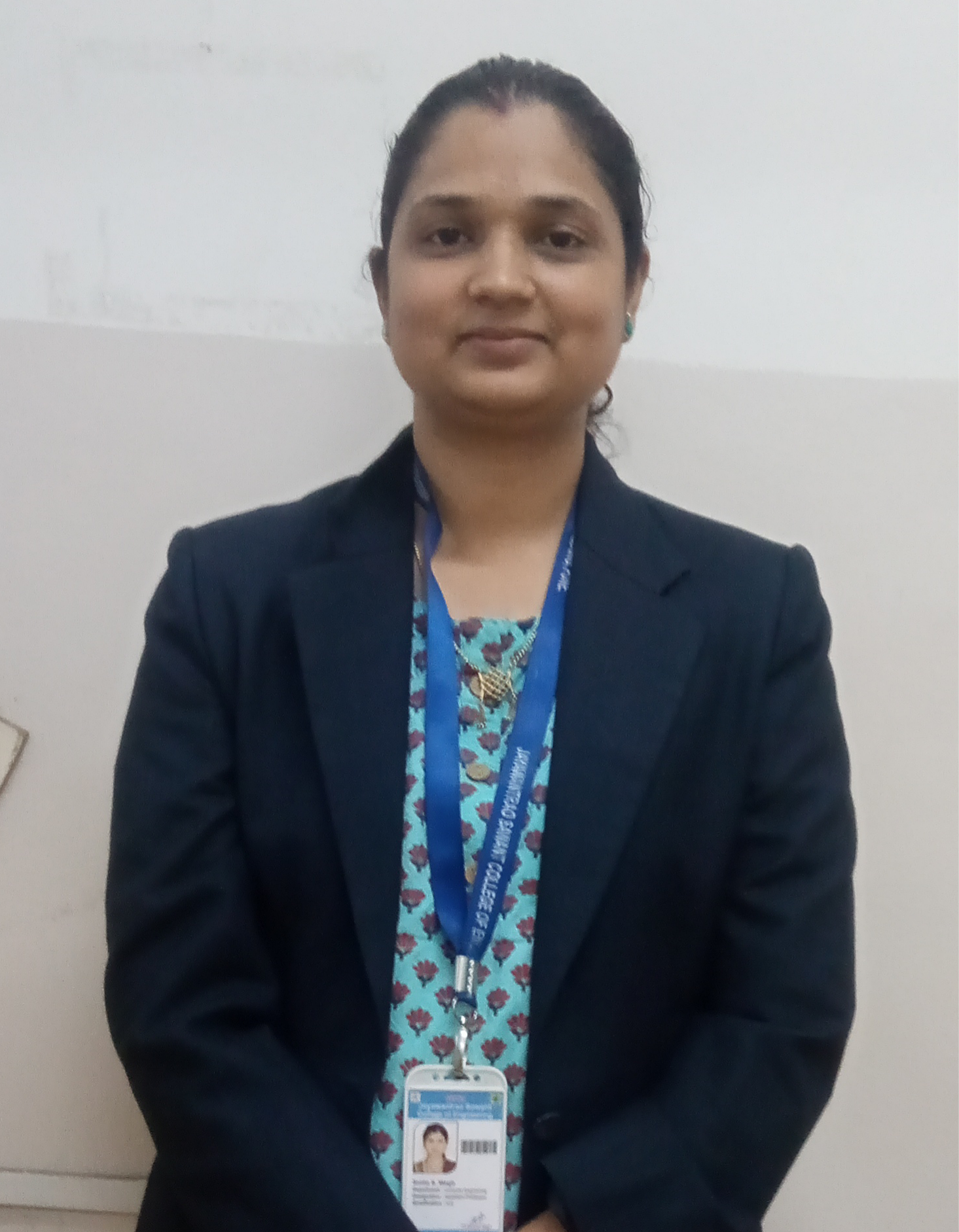
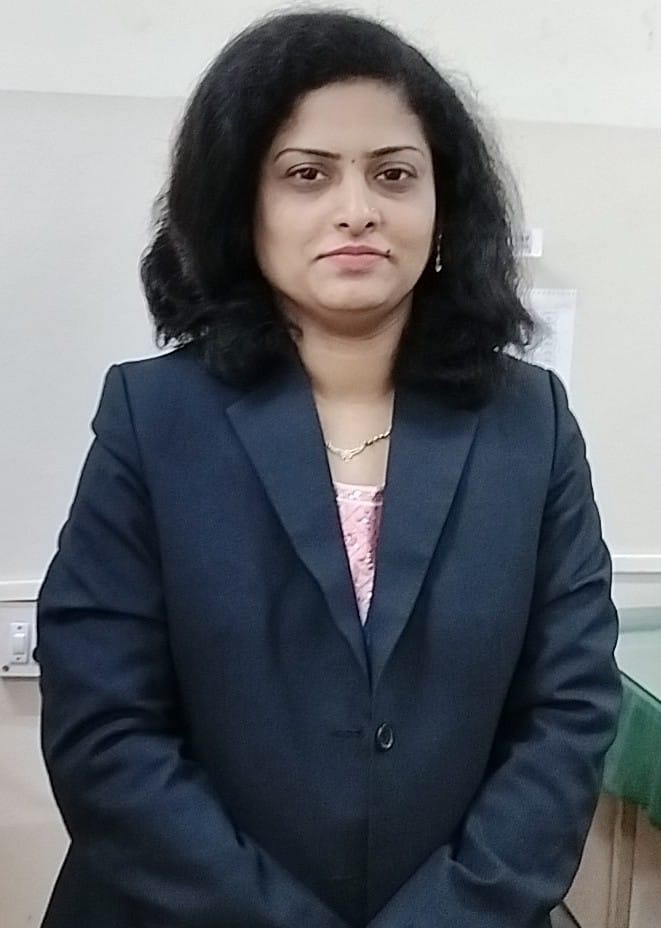

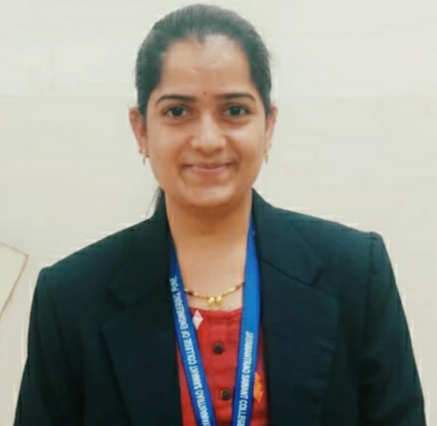
.jpg)
